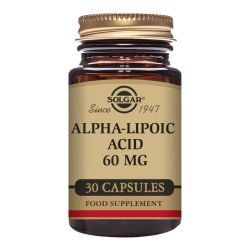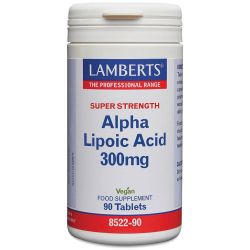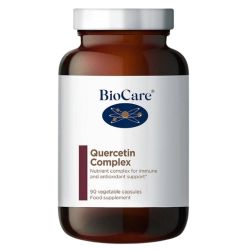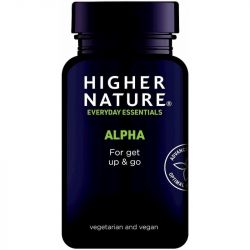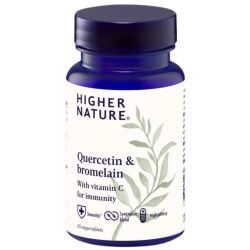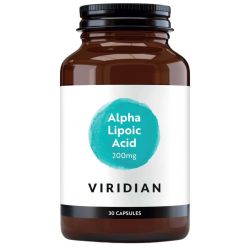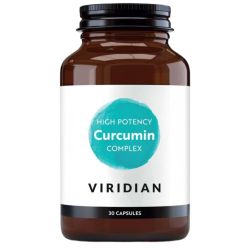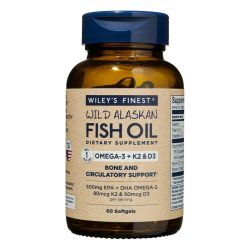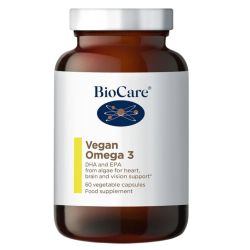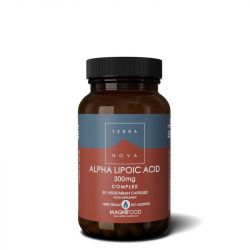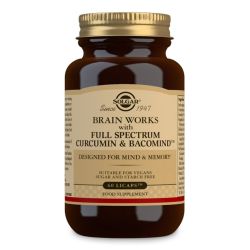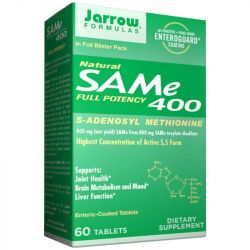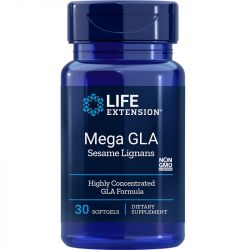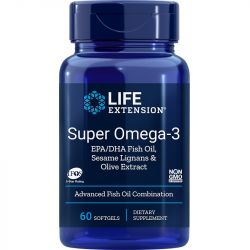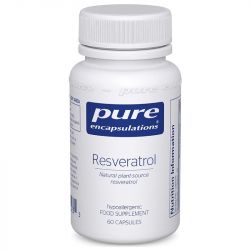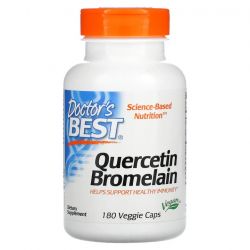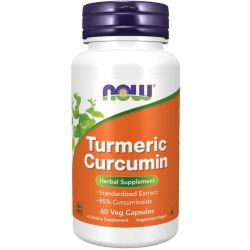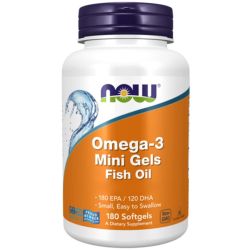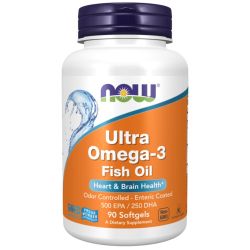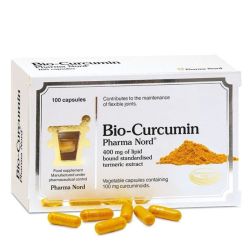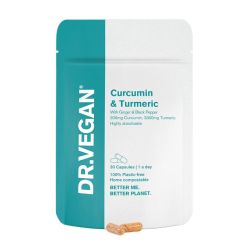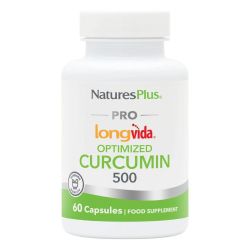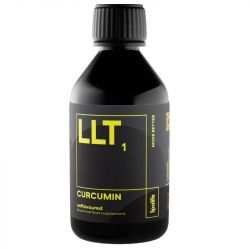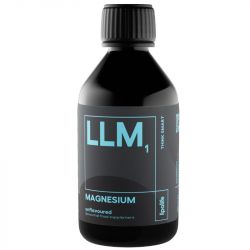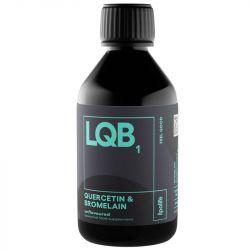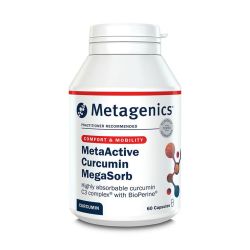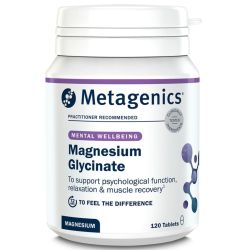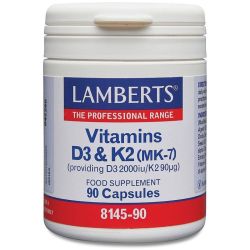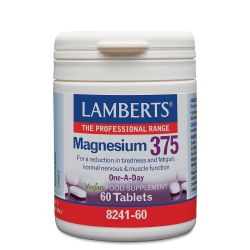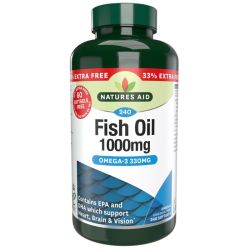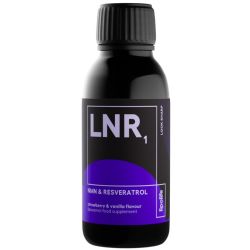Anti-Inflammatory Supplements

Nutrients that work with your body to support a healthy inflammatory response, wherever you need it most. These supplements for inflammation feature key nutrients like curcumin, omega-3, boswellia and quercetin, known for their ability to ease joint stiffness, soothe digestive discomfort, calm skin redness, and reduce overall inflammation.
From post-exercise recovery to long-term inflammatory concerns, this range is designed to support every stage of the body’s inflammatory process - including both short-term flare-ups and ongoing, low-grade inflammation.
Read our expert guide on inflammation types and find the best supplements for your needs.
FAQ: Inflammation – Causes and What Helps
What is inflammation and why does it happen?
Inflammation is the body’s natural response to injury, infection, or harmful substances. It’s how the immune system protects and repairs tissues. While short-term (acute) inflammation helps healing, long-term (chronic) inflammation can damage cells and contribute to conditions like arthritis, heart disease, and skin problems.
What causes inflammation in the body?
Common causes include:
- Infections (bacterial, viral, fungal)
- Physical injuries or trauma
- Autoimmune conditions where the immune system attacks healthy tissue
- Poor diet, especially high in refined sugar, trans fats, and processed foods
- Chronic stress and poor sleep
- Environmental toxins (pollution, smoking)
- Excess body fat, particularly around the abdomen
What are common signs of inflammation?
- Redness, swelling, heat and pain (localised)
- Fatigue, joint stiffness, brain fog, digestive issues (systemic)
- Long-term inflammation often has subtle signs that build over time
Which foods help reduce inflammation naturally?
Anti-inflammatory foods include:
- Fatty fish (rich in omega-3)
- Leafy greens, berries, tomatoes and colourful vegetables
- Turmeric, ginger, and garlic
- Nuts, seeds, and olive oil
- Fermented foods like yoghurt, kefir and sauerkraut (for gut health)
These foods contain antioxidants, polyphenols and fatty acids that help regulate immune function and reduce inflammatory signals in the body.
Do supplements help with inflammation?
Yes, some nutrients can support the body’s natural inflammatory response such as:
- Curcumin (from turmeric): blocks inflammatory enzymes
- Omega-3 fatty acids: help balance immune activity
- Boswellia: shown to reduce joint pain and inflammation
- Magnesium: supports stress and muscle recovery
- Vitamin D: low levels are linked to higher inflammation markers
How does lifestyle affect inflammation?
Chronic stress, poor sleep and a sedentary lifestyle all increase inflammation. Regular exercise, good sleep hygiene, and mindfulness techniques (like meditation) can lower cortisol and reduce systemic inflammation.
Can inflammation be completely cured?
Acute inflammation usually resolves once the cause is removed. Chronic inflammation can be managed and significantly improved through diet, supplements, and lifestyle changes, but the goal is control and balance, not total elimination.

